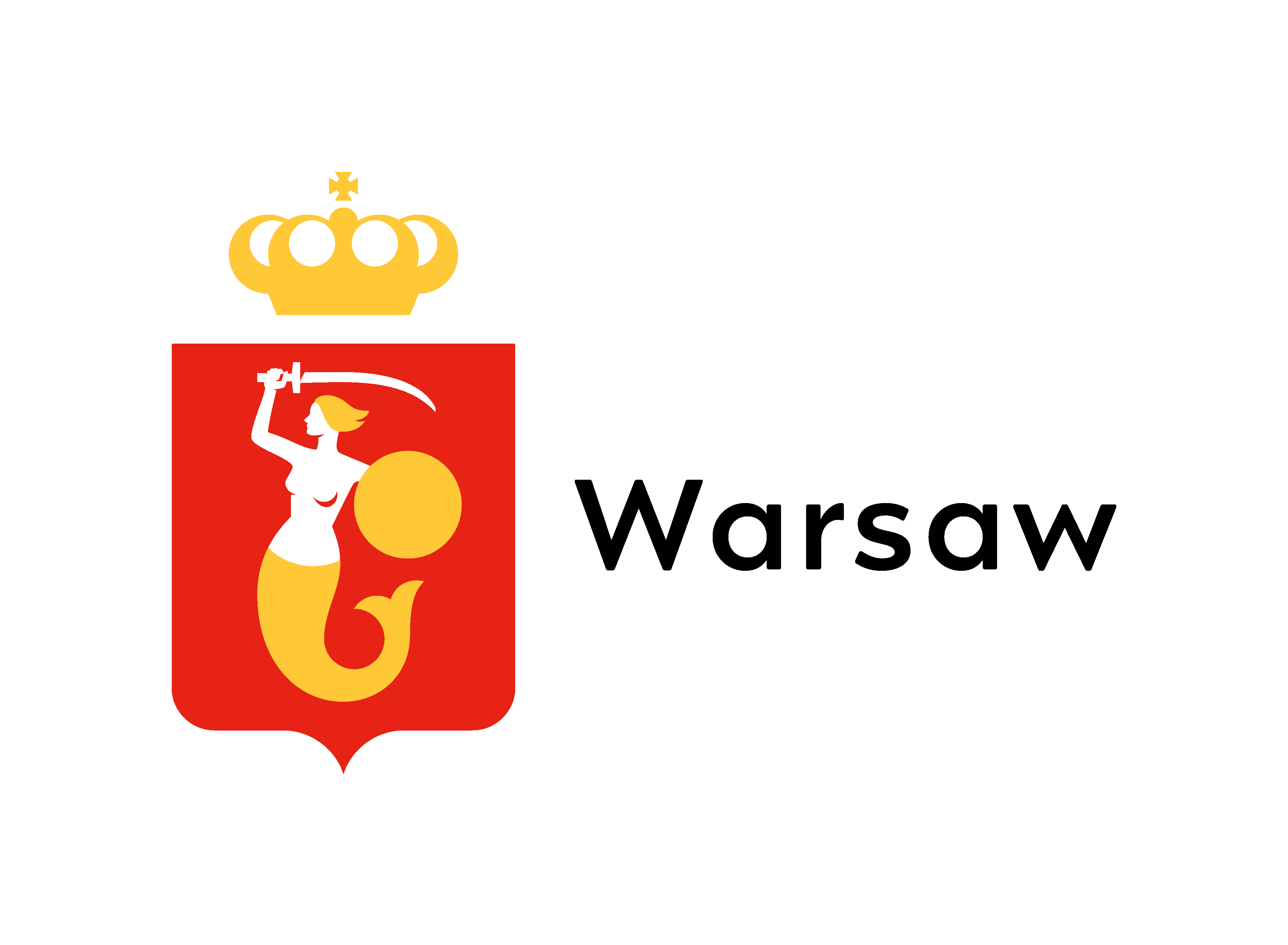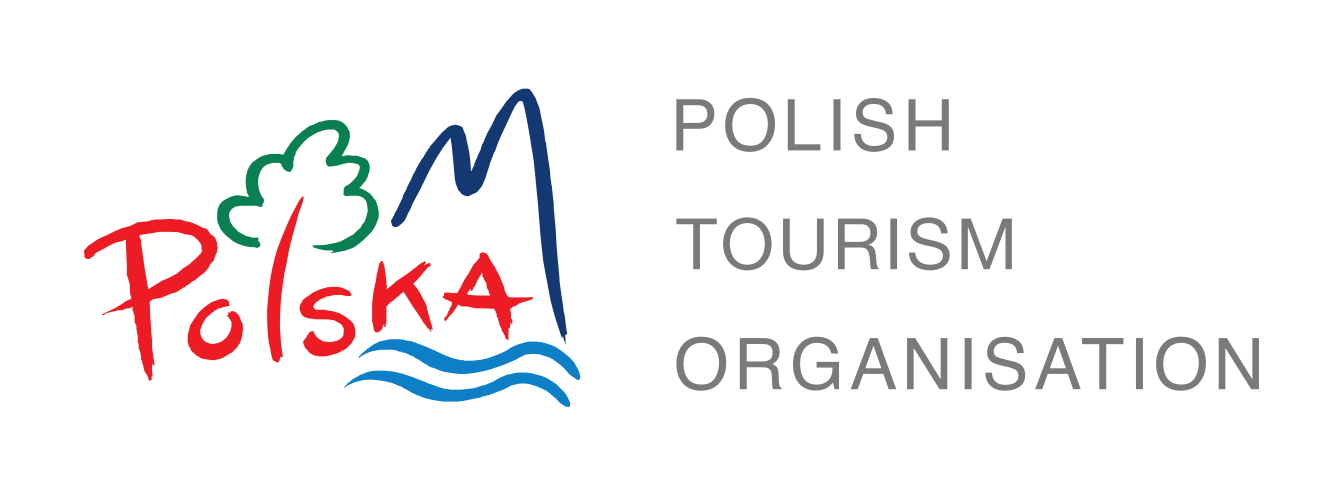The European Laboratory for Learning and Intelligent Systems (ELLIS) is a pan-European initiative promoting excellence in artificial intelligence research with a focus on machine learning. Bringing together top scientists from academia and industry, ELLIS fosters collaboration across Europe to advance AI that is innovative, human-centered, and socially responsible. The network supports cutting-edge research, talent development, and knowledge transfer through its fellowships, research programs, and interdisciplinary initiatives. With multiple research units across Europe, ELLIS strengthens Europe's position in global AI development. By bridging fundamental research with real-world applications, ELLIS contributes to shaping the future of trustworthy and impactful AI.
ELLIS Unit Warsaw is a research unit within the European Laboratory for Learning and Intelligent Systems, located in Warsaw, Poland. It focuses on advancing the field of artificial intelligence through cutting-edge research in machine learning and its applications. The unit brings together top-tier scientists and researchers to foster innovation and collaboration within the AI community. ELLIS Unit Warsaw is dedicated to the development of responsible, zero-waste machine learning, human-centered AI, promoting both fundamental research and practical solutions to real-world problems. Through its work, the unit plays a vital role in strengthening AI research and applications across Europe.
The ELLIS Doctoral Symposium (EDS) 2025 will be held in Warsaw from 25th to 29th August, focusing on the theme of "Robust AI." This prestigious event brings together PhD students, researchers, and experts from across Europe to explore the latest advancements in artificial intelligence. The symposium provides a platform for young researchers to present their work, exchange ideas, and engage in discussions on the future of AI, particularly in creating systems that are reliable, safe, and adaptable. Through a series of talks, workshops, and networking opportunities, EDS 2025 will promote collaboration and innovation in the field of AI, helping to shape the next generation of AI researchers.
The ELLIS Doctoral Symposium 2025 in Warsaw, themed "Robust AI," is organized with the support of the ELIAS project (elias-ai.eu). ELIAS (European Lighthouse of AI for Sustainability) aims to strengthen the European AI ecosystem by fostering collaboration, excellence, and inclusivity in AI research. The symposium contributes to this mission by bringing together PhD students and early-career researchers from across Europe to exchange ideas, present their work, and engage in discussions around the development of robust and trustworthy AI systems. ELLIS PhD students can apply for mobility funding to attend EDS 2025 in Warsaw through the ELIAS project.
The ELLIS Doctoral Symposium (EDS) 2025 provides a unique platform for early-career researchers to share their findings, exchange ideas, and receive feedback from peers and experts in the field.
We welcome submissions from all PhD students, especially those participating in the ELLIS PhD Postdoc Program, regardless of whether their primary research focus is Robust AI.
In the registration form, available on the ELLIS Doctoral Symposium 2025 website, authors will be required to provide:
Posters must represent original research (published or unpublished) conducted by the author(s).
All accepted posters will be presented during dedicated poster sessions at EDS 2025.
The best poster title will be granted based on the scientific evaluation by the Jury, who will take into consideration:
Jury for the Best Poster in Robotics: Dario Floreano, Davide Scarazuzza, Krzysztof Walas, Przemysław Kornatowski. Jury for the Best Poster (General): Piotr Sankowski, Tomasz Trzciński. We reserve the right to change the committee members until the competition is decided. We reserve the right to withdraw from the selection of the best poster at any time.
Priority will be given to the author(s) participating in the ELLIS PhD & Postdoc Program.
Submissions will be accepted through an online submission form, which will be made available on the ELLIS Doctoral Symposium 2025 website at the latest before the end of the first/second registration round.
For any questions, contact us at artur.kolodziejczyk-skowron@ideas.edu.pl.
Join us at EDS 2025 to explore the future of Robust AI. We hope to see you soon in Warsaw!
The participation fee for the ELLIS Doctoral Symposium 2025 is 100 EUR per person.
The fee covers access to all conference sessions, coffee breaks, lunches, and social events.
Registration is closed.
Each participant of the ELLIS Doctoral Symposium 2025 is eligible to apply for a mobility grant to cover travel and accommodation costs related to attending the event in Warsaw, through one of the two projects described below:
PhD students and postdocs are eligible for this grant only if they are affiliated with an organization formally involved in the ELIAS project.
Details about the ELIAS Mobility Grant can be found here:
👉 EDS25 Mobility grant (guidelines)
👉 EDS Mobility Grant (ELIAS) Application
👉 EDS Reimbursement Report (ELIAS Beneficiary)
For any questions regarding the ELIAS mobility grant, please contact: phd@ellis.eu
ELSA Mobility Program is open to PhD and postdoctoral students, as well as experienced researchers whose home institutions are either official members of the ELSA Network, or located in the EU or EU associated countries.
Links to the application form and Terms & Conditions of the mobility program can be found at:
👉 for PhDs & Postdocs
👉 for experienced researcher
For any questions regarding the ELSA mobility grant, please contact: elsa-travel@cispa.de
Please note that double funding is not permitted.
The conference will take place at the Faculty of Modern Languages of the University of Warsaw (Wydział Neofilologii Uniwersytetu Warszawskiego), located in Warsaw in Powiśle district, by the Vistula river, easily accessible by public transportation. The building is fully equipped to accommodate individuals with special needs, ensuring accessibility for all participants. The conference venue boasts modern conference facilities, including spacious lecture halls, breakout rooms, and multimedia equipment to support a seamless experience for speakers and attendees.
University of Warsaw
Faculty of Modern Languages
Address:
Ul. Dobra 55,
00-312 Warsaw




In case of any questions do not hesitate to contact us at: artur.kolodziejczyk-skowron@ideas.edu.pl
Just in case, please check your SPAM folder.